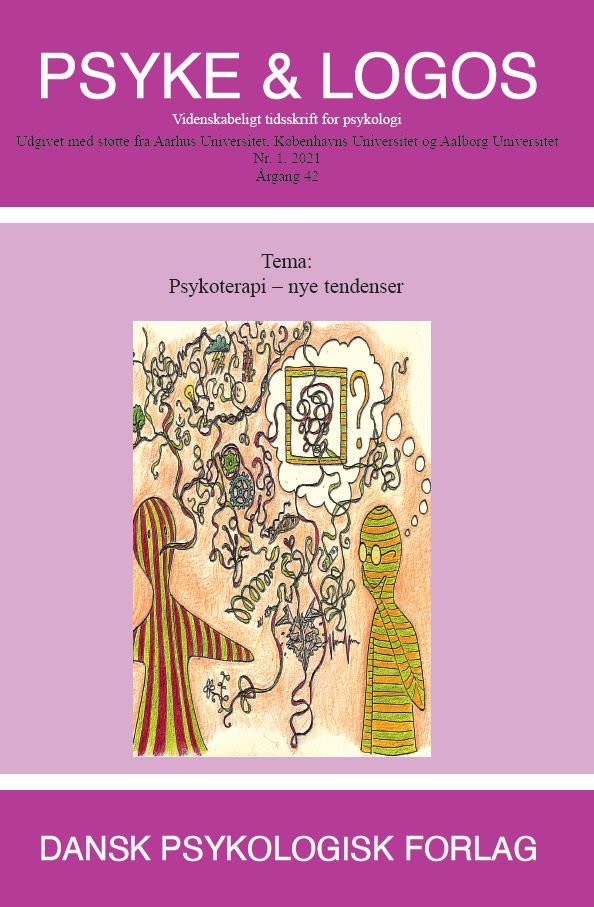Digitally delivered psychotherapy: Efficacy, effectiveness, and ethics
EFFEKTER, EGNETHED OG ETIK
DOI:
https://doi.org/10.7146/pl.v42i1.128774Keywords:
app, blended care, e-healthAbstract
Digitally delivered psychotherapy is increasingly being offered as an alternative or supplement to conventional face-to-face therapy to treat a range of
mental and somatic issues. This development calls for a critical exploration of the potential consequences of moving psychotherapy from the physical
space with direct client contact into the digital space. Digital solutions overcome geographical barriers, enable help for people with limited mobility,
and have the potential to offer a high degree of flexibility and treatment individualization. Conversely, digitally delivered psychotherapy could be insufficiently sensitive to psychological change and symptom fluctuations among clients, and building and maintaining a therapeutic alliance online
may require different therapeutic skills. The question is not whether psychotherapy will be digitized but rather how clinical psychology may reap the
benefits and address the professional and ethical challenges associated with increasing digitization. Explorations into disorders and client types which
can be effectively treated with digital interventions are needed. Additional research into the optimization and implementation of digital psychotherapies
is necessary to ensure high-quality help online to those in need.
Downloads
Published
How to Cite
Issue
Section
License
Ophavsret er tidsskriftets og forfatternes. Det er gældende praksis, at artikler publiceret i Psyke & Logos, som efterfølgende oversættes til andet sprog, af forfatteren frit kan publiceres i internationale tidsskrifter, dog således at det ved reference fremgår, at den oversatte artikel har et forlæg i en dansksproget version i Psyke & Logos. Artikler kan frit deles og linkes til på forsknings- og undervisningsnetværk (så som Blackboard). Link foretrækkes, fordi det giver oplysning om brug af tidsskriftets artikler.




